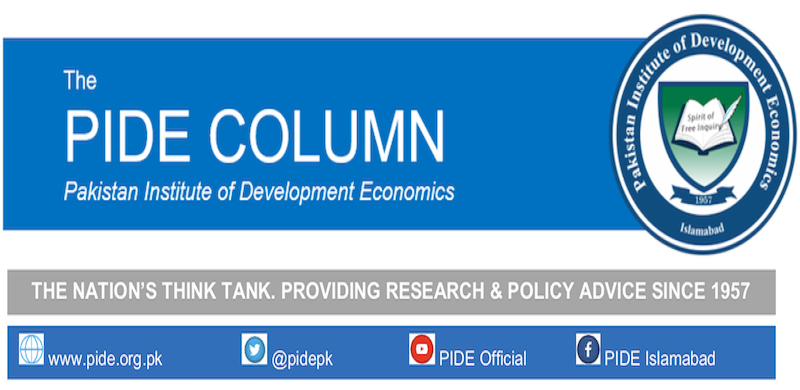
Earlier this year, the government decided to lay off 4500 employees of Pakistan Steel Mills Limited. The employees are to be laid off with severance pay and retirement benefits. The final Impact of the lay-off plan is around Rs. 19.0 billion. There is opposition to the lay-off plan from workers and politicians. However overtime the PSM has been brought to a state where alternate measures may not work.
The Economic Coordination Committee (ECC) of the Cabinet approved the retrenchment plan of Pakistan Steel Mills (PSM) to reduce the government’s financial burden. Since 2008-09, the government has been injecting around Rs. 58 billion into PSM to cover worker salaries through bailout packages.
Today, the mill’s production is zero. Outdated machinery does not meet the standards set by other leading mills in the steel industry. The technology is far from self-reliant due to administrative and financial constraints. Production at the mills was shut down in June 2015, when Sui Southern Gas Company (SSGC) stopped supplying gas due to overdue payment. Additionally, PSM has not paid salaries to its employees since 2016. PSM incurred a loss of Rs. 16.9 billion in FY 2008. Within 5 years this had ballooned to Rs. 118.7 billion. These losses continued to bulge and reached Rs. 200 billion in 2018. At present, the total losses and liabilities are approximately Rs. 400 billion.
The issues that plague PSM are not peculiar to PSM. These include overstaffing owed to political appointments which has led to incompetence as well. The overstaffing in public sector entities is not a trivial issue. The underperformance of one employee has a spillover effect on other performing employees as well – as one employees gets away with unerperformance, others are encouraged to shirk.
What is the solution of the problems faced by the PSM? There are no easy answers. An attempt to privatize the PSM over a decade ago had failed when the superior court scrapped the deal on charges of corruption. Since then the government had pumped in billions into the PSM which has become like a pitiless hole for the national exchequer.
Recently the government has considered two options to handle the PSM issue – one involves leasing the plant for 30 years and the other is a sale of the PSM. After evaluating both the options the authorities seem to have settled for the latter. Under this option, a wholly-owned subsidiary of the PSM will be created. The core assets of the PSM will be transferred to the subsidiary for operation of the PSM, including only 7 pc of the vast track land owned by the present PSM - the 7 pc land is considered enough for operational requirements of the PSM.
The remaining land, which is worth over 300 million will remain with the PSM Corporation and will not be sold. Bifurcating, the PSM into two companies and not selling the vacant land to the entity which would buys the PSM are prudent decisions. This would ensure that the PSM would continue to operate as a steel mill after the privatization and the would-be buyer would not try to make a quick buck by disposing of the extra land.
However, retained extra land should not remain unutilized. The government can separately sell this extra land to real estate developers or some other entity. This prime land is bound to fetch a good price. Selling land separately will help recover at least a part of the billions injected, over the years, into PSM to keep it afloat.
Laying-off workers is a painful decision but this a decision thatdoes not have an alternate. PSM in its present form is a white elephant and its problems are so complex that these cannot be resolved if the mill continues to function in a public sector environment, wherein the non-performing workers enjoy absolute job security. In this environment, with thousands of extra workers, the PSM stands no chance to function as a viable entity. No private firm would buy a mill whose staff strength is much beyond the required. To make the mill ready for privatization, layoff of workers is a bitter pill that the nation must swallow.
